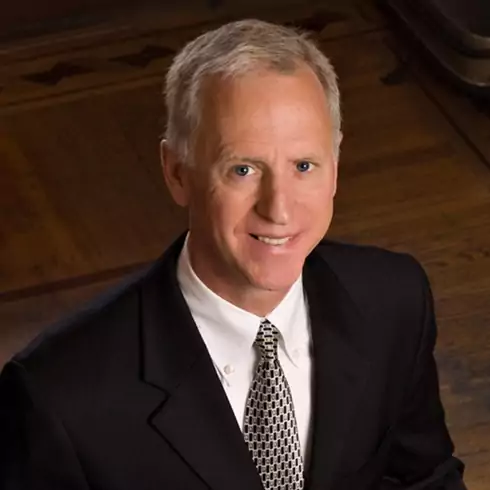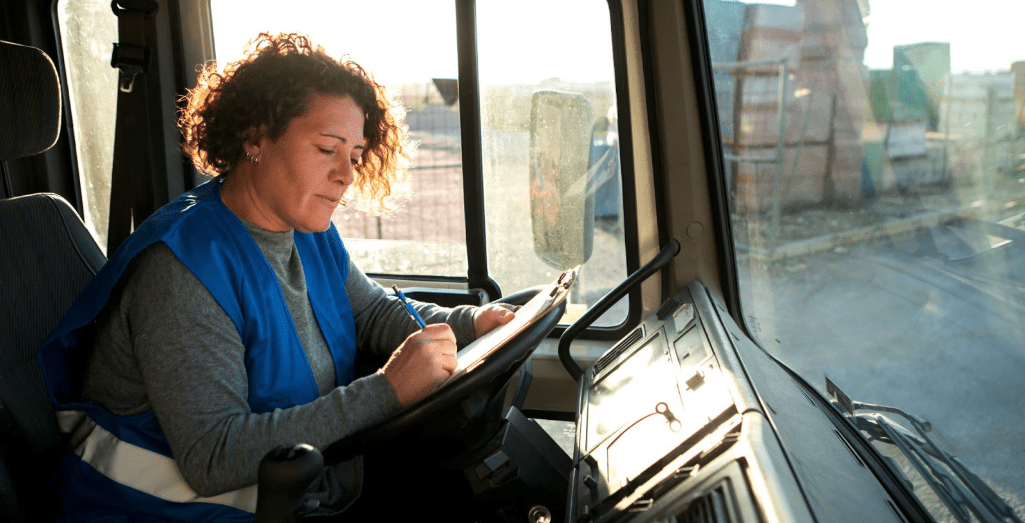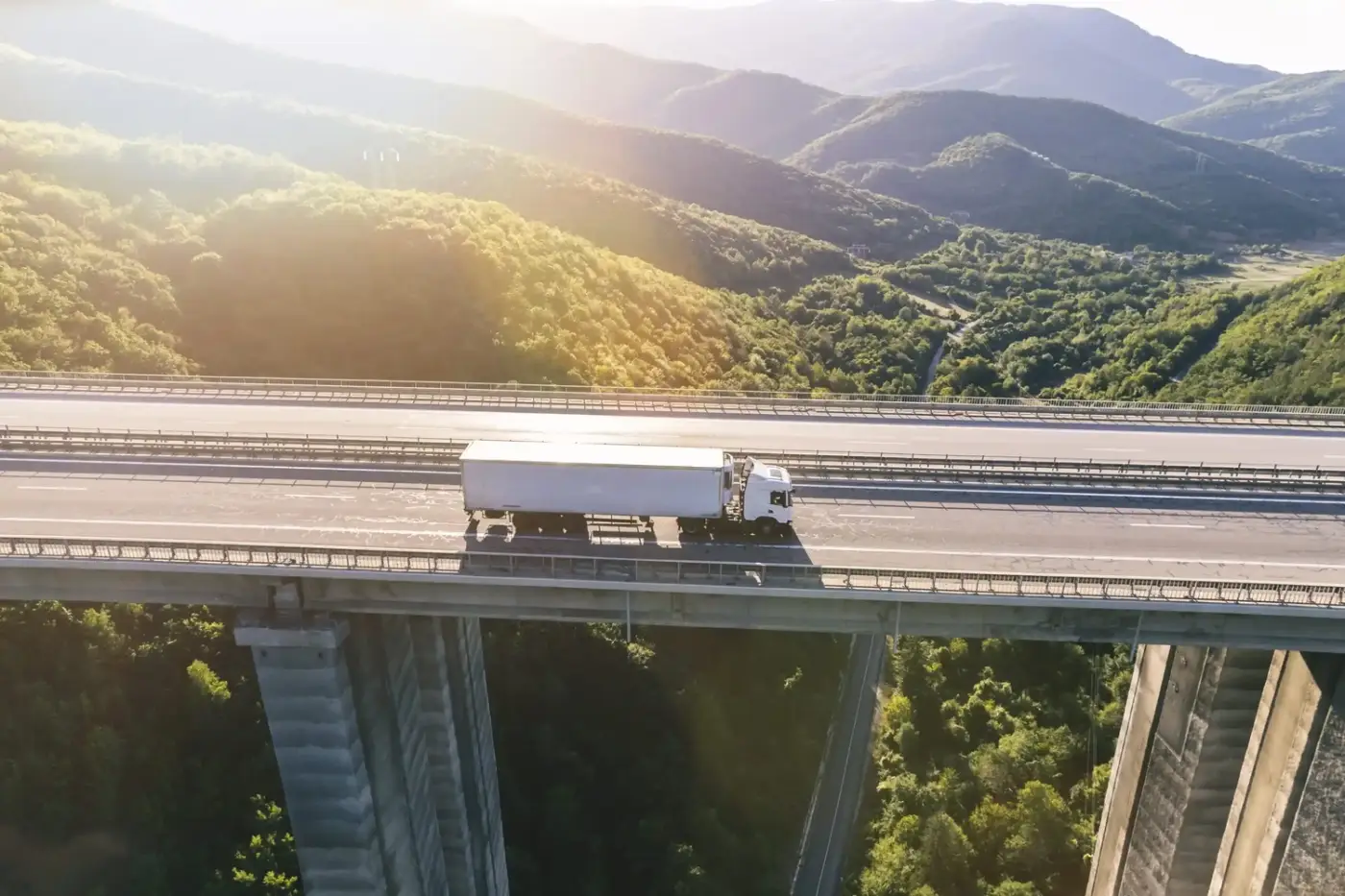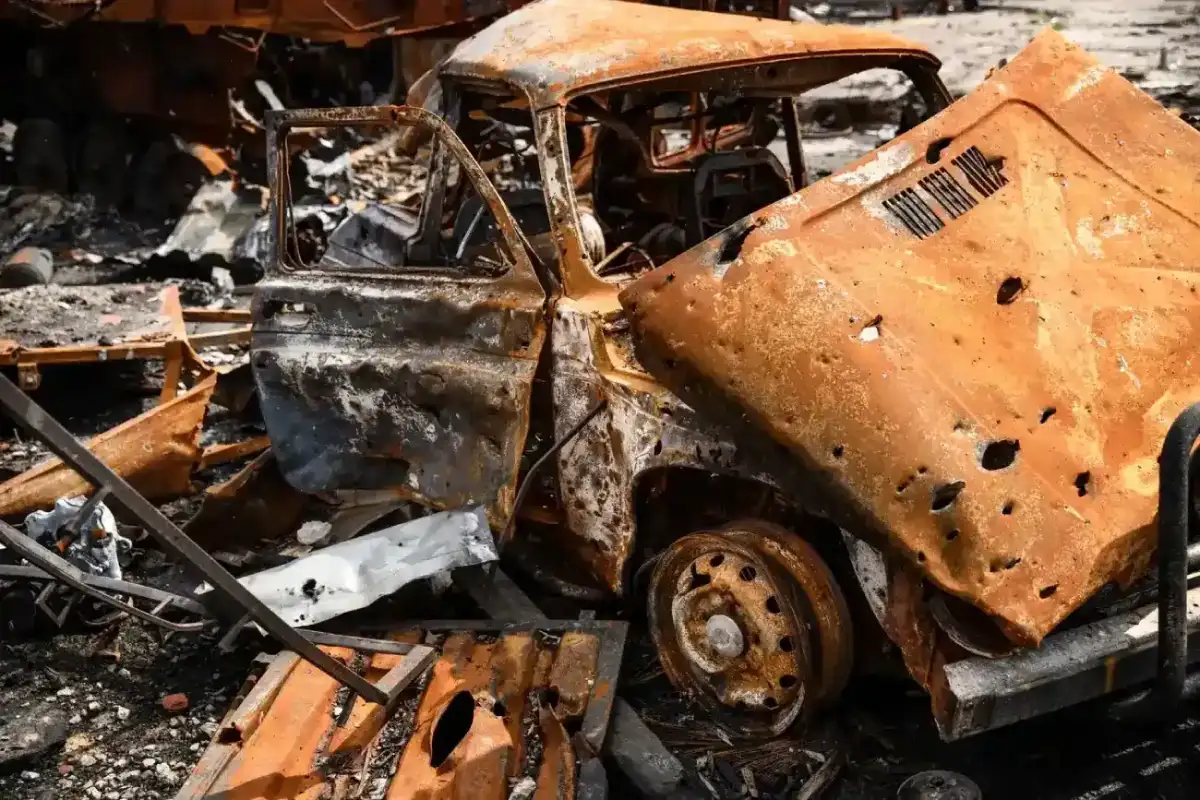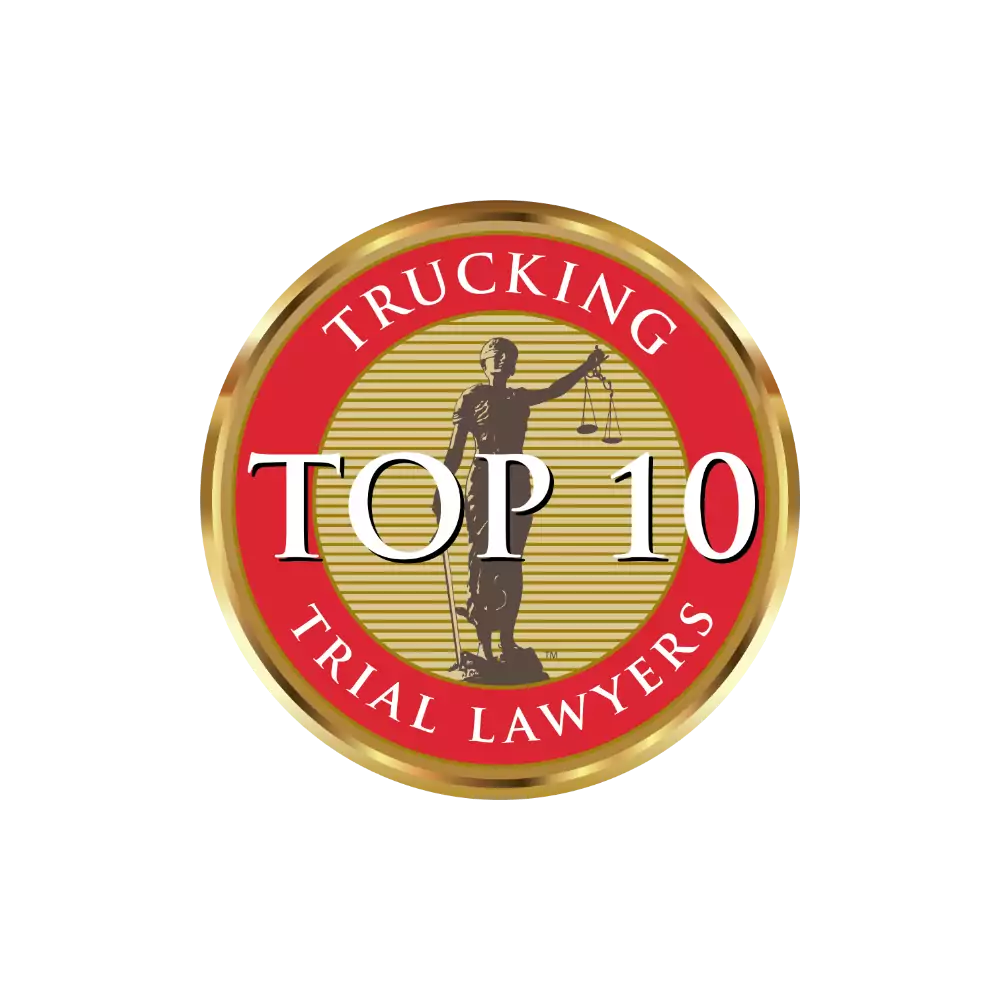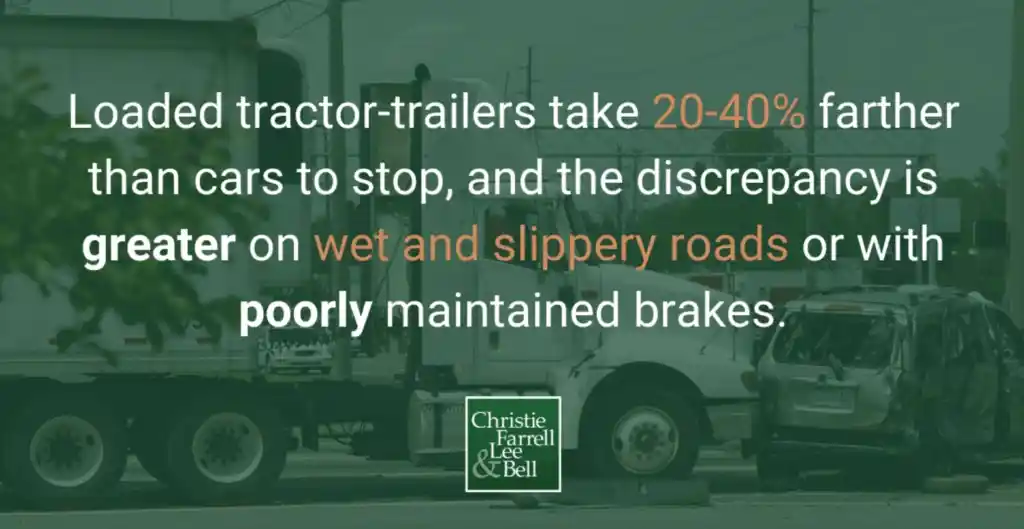
Evansville Truck Accident Lawyers
Our Evansville truck accident lawyer has a deep understanding of the devastating impact of truck accidents. We are here to fight for your rights and pursue the compensation you deserve.
Truck accidents can cause severe injuries and significant damage, leaving victims in physical, emotional, and financial distress. Such accidents can be devastating for all parties involved, and the legal process of claiming compensation is often overwhelming.
With years of experience in handling truck accident cases in Evansville and throughout Indiana, our team of award-winning attorneys, including Lee Christie, a seasoned trial lawyer with extensive experience in truck accident cases, and Katie Marshall, a passionate litigator recognized for her dedication to justice, has the knowledge and expertise to effectively represent your interests and prove the negligence of responsible parties.
Our personal injury lawyers at Christie Farrell Lee & Bell will fight diligently to protect your rights and pursue the justice and compensation you are entitled to receive according to your injuries and economic losses. Take a look at our results to understand how we have won single truck accident cases up to $30 million dollars in settlements multiple times for our clients.

